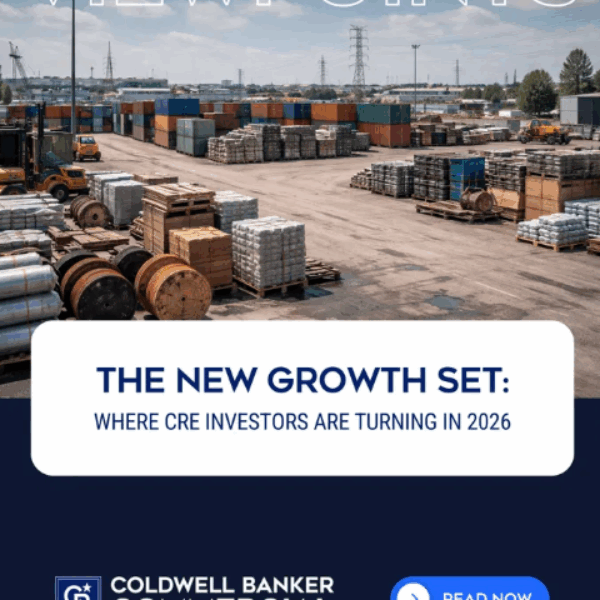Climate change is slowly but surely making its devastating impact all over the world. In two parts, we will explore how the real estate and construction sectors are making efforts to reduce their negative impact on the environment, how climate change impacts investor’s business decisions, the short- and long-term implications of climate change on the real estate sector, including adoption of corporate Environmental, Social & Governmental (ESG) initiatives, as well as what markets are the most vulnerable.
How does real estate and construction impact climate change?
According to Deloitte, those in the real estate and construction industries have been aware of the negative impact their sector has on the environment and climate change for many years. For example, carbon production, consumption of natural resources, and land development contributed to an increasingly negative image of the sectors. Fortunately, we are finally seeing real estate and construction sectors making positive strides to mitigate the impact of their sector and proactively develop solutions. These solutions include:
- Energy production: Every new building needs to be at least energy self-sufficient and ideally supply urban networks with additional production.
- Raw material re-usage: Each building must serve as a material repository: every refurbishment operation is an opportunity to supply other construction (infrastructure, housing, or other) with second-hand material. BIM and technology will facilitate inventorying and monitoring stocks.
- Biodiversity enablement: Biodiversity improvement should become a central pillar of every construction and rehabilitation operation, especially in dense urban areas where it is much needed for both health and temperature reasons.
- Climate transition leadership: The building sector must take the lead in mitigating by preparing its employees, products, and clients as well as the population for deep changes.
Additionally, Deloitte reports that the effects of climate change are significantly impacting the decisions of real estate investors, especially those focused on creating and implementing sound ESG strategies. More and more we are seeing investors factoring climate change into their business strategies by:
- Mapping physical risks for current portfolios and potential acquisitions
- Incorporating physical adaptation and mitigation measures for assets at risk
- Including climate risk in their due diligence processes
- Investing directly in mitigation measures for specific assets
- Getting involved in local resilience strategies with policy makers
Now that we have discussed the negative impact of real estate and construction sectors on the environment, what positive steps are being taken in real estate and construction, and how climate change is impacting the decision making of investors, you can implement these lessons in your own business endeavors and educate others in your field about the significance of climate change. In part 2, we will explore the short- and long-term implications of climate change on the real estate sector, including adoption of corporate Environmental, Social & Governmental (ESG) initiatives, as well as what markets are the most vulnerable.
Coldwell Bankers Commercial, Billings Agents are available to help you navigate the impact of real estate.








